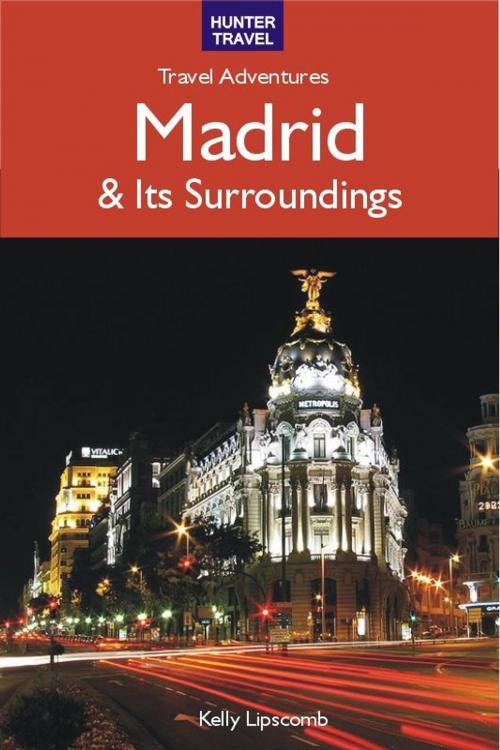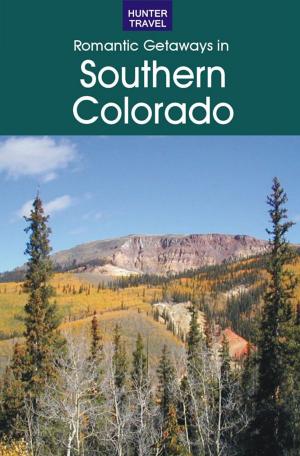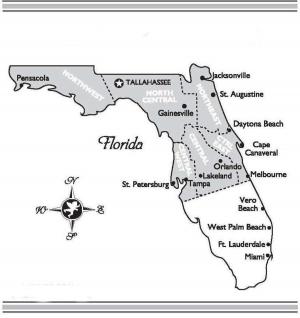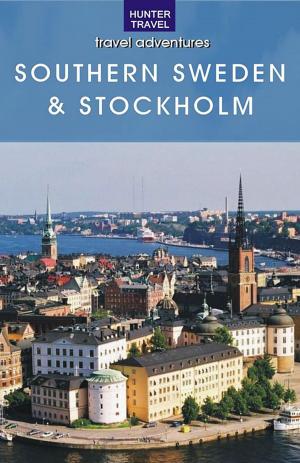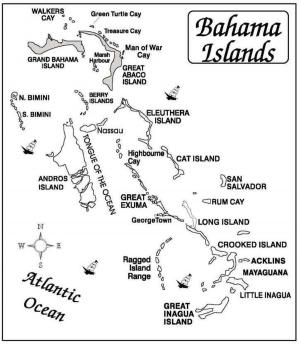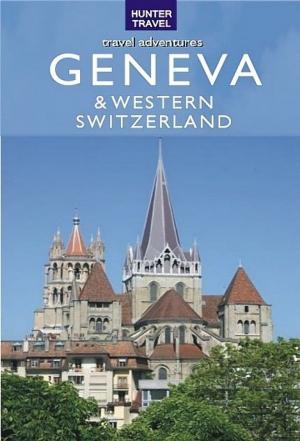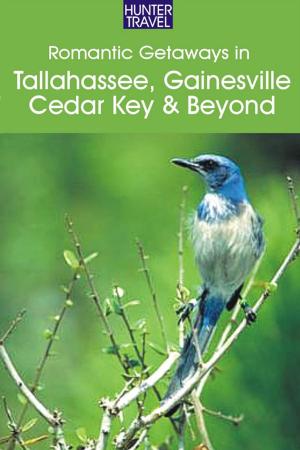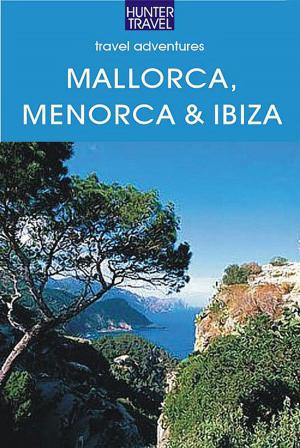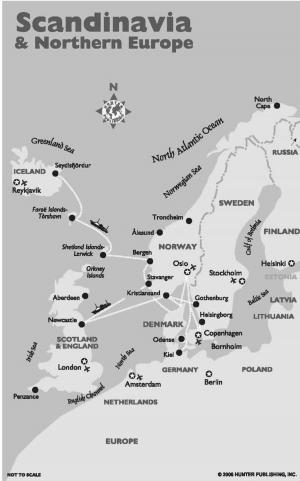| Author: | Kelly Lipscomb | ISBN: | 9781588437150 |
| Publisher: | Hunter Publishing | Publication: | April 12, 2011 |
| Imprint: | Language: | English |
| Author: | Kelly Lipscomb |
| ISBN: | 9781588437150 |
| Publisher: | Hunter Publishing |
| Publication: | April 12, 2011 |
| Imprint: | |
| Language: | English |
The autonomous community of Madrid occupies the geographical center of Spain. With over three million people, Madrid is the bull's-eye on this mostly dry, rolling high plain that is part of the expansive Meseta Central characterizing much of the province and the country around it. The city's elevation, at 2,100 feet above sea level, makes it the highest European capital and the one with the most startling climatic extremes. The Sierra de Guadarrama Mountains, a great mass of granite rising in the north, is a continuation of the country's central mountain range, the Cordillera Central. Just a short jaunt from Madrid, this realm enjoys cool weather year-round and forms a stunning visual contrast to the plains surrounding Madrid, with its slopes covered in pine forests and the prismatic bands of the rivers Manzanares and Jarama coursing southward toward the larger Tagus. The range serves to separate Madrid from Castilla y León to the north and west, while the south of the province is bordered by the autonomous community of Castilla-La Mancha. The Communidad de Madrid is not all one big city. Areas around the perimeter are still relatively natural or, at the least, retaining of a more traditional charm with their poultry houses and pig farms, rather than high rises and smokestacks. On the lower slopes of the Guadarrama, small villages are isolated and free of tourists for much of the year. Trails are marked throughout and, in good years, snow is plentiful enough to ski. South of Madrid, the beautiful city of Aranjuez is lush and leisurely along the banks of turquoise waters and to the west the monumental El Escorial makes a perfect day-trip en route to the popular cities of Segovia or Salamanca on the far side of the mountains. Madrid has been called the greatest Spanish city. There is no denying its supremacy in the realms of commerce, politics and sport (the sharply divided Spaniards agree on one thing: Real Madrid soccer team is the surest bet). And there's no escaping its romping, rollicking late-night tendencies. Madrid is any other Spanish city on speed. A newcomer could easily get lost, bewildered and frustrated in the crowds. At each turn harried masses dash to and fro, appearing bent on some purpose and yet, despite the prevailing rush, the Madrileños are, by and large, as welcoming and friendly as a rural Galician or a lonely Extremaduran. The shoeshine man in Plaza Mayor is content to people-watch rather than polish shoes and earn a few coins; the singing guitarist outside Café Oriente still smiles when a tourist refuses to tip him; the sharp-suited executive lingers in Casa Pablo for another drink or two, for the whole afternoon, rather than return to work. With a population representative of every Spanish region, with the nation's greatest collection of artworks on display in the nation's best museums, there is no greater whirlwind introduction to the country than by way of Madrid. Once you've roamed the halls of the Prado for hours on end and still not seen all the works, or danced away the night at Palacio only to learn the following day that a far better and less-touristy disco is just around the corner, then you will understand why Madrid is best approached on its own terms. It isn't a love affair that keeps people coming back to this city time and again, but more like a life-long courtship. Here is a highly detailed guide to Madrid and the surrounding areas - loaded with maps, photos, and all the information you need about restaurants, hotels, what to see and what to do. This is an excerpt from our 670-page Spain Adventure Guide and it includes an extensive Introduction on Spain as a whole. The book is equivalent to about 150 pages in print.
The autonomous community of Madrid occupies the geographical center of Spain. With over three million people, Madrid is the bull's-eye on this mostly dry, rolling high plain that is part of the expansive Meseta Central characterizing much of the province and the country around it. The city's elevation, at 2,100 feet above sea level, makes it the highest European capital and the one with the most startling climatic extremes. The Sierra de Guadarrama Mountains, a great mass of granite rising in the north, is a continuation of the country's central mountain range, the Cordillera Central. Just a short jaunt from Madrid, this realm enjoys cool weather year-round and forms a stunning visual contrast to the plains surrounding Madrid, with its slopes covered in pine forests and the prismatic bands of the rivers Manzanares and Jarama coursing southward toward the larger Tagus. The range serves to separate Madrid from Castilla y León to the north and west, while the south of the province is bordered by the autonomous community of Castilla-La Mancha. The Communidad de Madrid is not all one big city. Areas around the perimeter are still relatively natural or, at the least, retaining of a more traditional charm with their poultry houses and pig farms, rather than high rises and smokestacks. On the lower slopes of the Guadarrama, small villages are isolated and free of tourists for much of the year. Trails are marked throughout and, in good years, snow is plentiful enough to ski. South of Madrid, the beautiful city of Aranjuez is lush and leisurely along the banks of turquoise waters and to the west the monumental El Escorial makes a perfect day-trip en route to the popular cities of Segovia or Salamanca on the far side of the mountains. Madrid has been called the greatest Spanish city. There is no denying its supremacy in the realms of commerce, politics and sport (the sharply divided Spaniards agree on one thing: Real Madrid soccer team is the surest bet). And there's no escaping its romping, rollicking late-night tendencies. Madrid is any other Spanish city on speed. A newcomer could easily get lost, bewildered and frustrated in the crowds. At each turn harried masses dash to and fro, appearing bent on some purpose and yet, despite the prevailing rush, the Madrileños are, by and large, as welcoming and friendly as a rural Galician or a lonely Extremaduran. The shoeshine man in Plaza Mayor is content to people-watch rather than polish shoes and earn a few coins; the singing guitarist outside Café Oriente still smiles when a tourist refuses to tip him; the sharp-suited executive lingers in Casa Pablo for another drink or two, for the whole afternoon, rather than return to work. With a population representative of every Spanish region, with the nation's greatest collection of artworks on display in the nation's best museums, there is no greater whirlwind introduction to the country than by way of Madrid. Once you've roamed the halls of the Prado for hours on end and still not seen all the works, or danced away the night at Palacio only to learn the following day that a far better and less-touristy disco is just around the corner, then you will understand why Madrid is best approached on its own terms. It isn't a love affair that keeps people coming back to this city time and again, but more like a life-long courtship. Here is a highly detailed guide to Madrid and the surrounding areas - loaded with maps, photos, and all the information you need about restaurants, hotels, what to see and what to do. This is an excerpt from our 670-page Spain Adventure Guide and it includes an extensive Introduction on Spain as a whole. The book is equivalent to about 150 pages in print.
